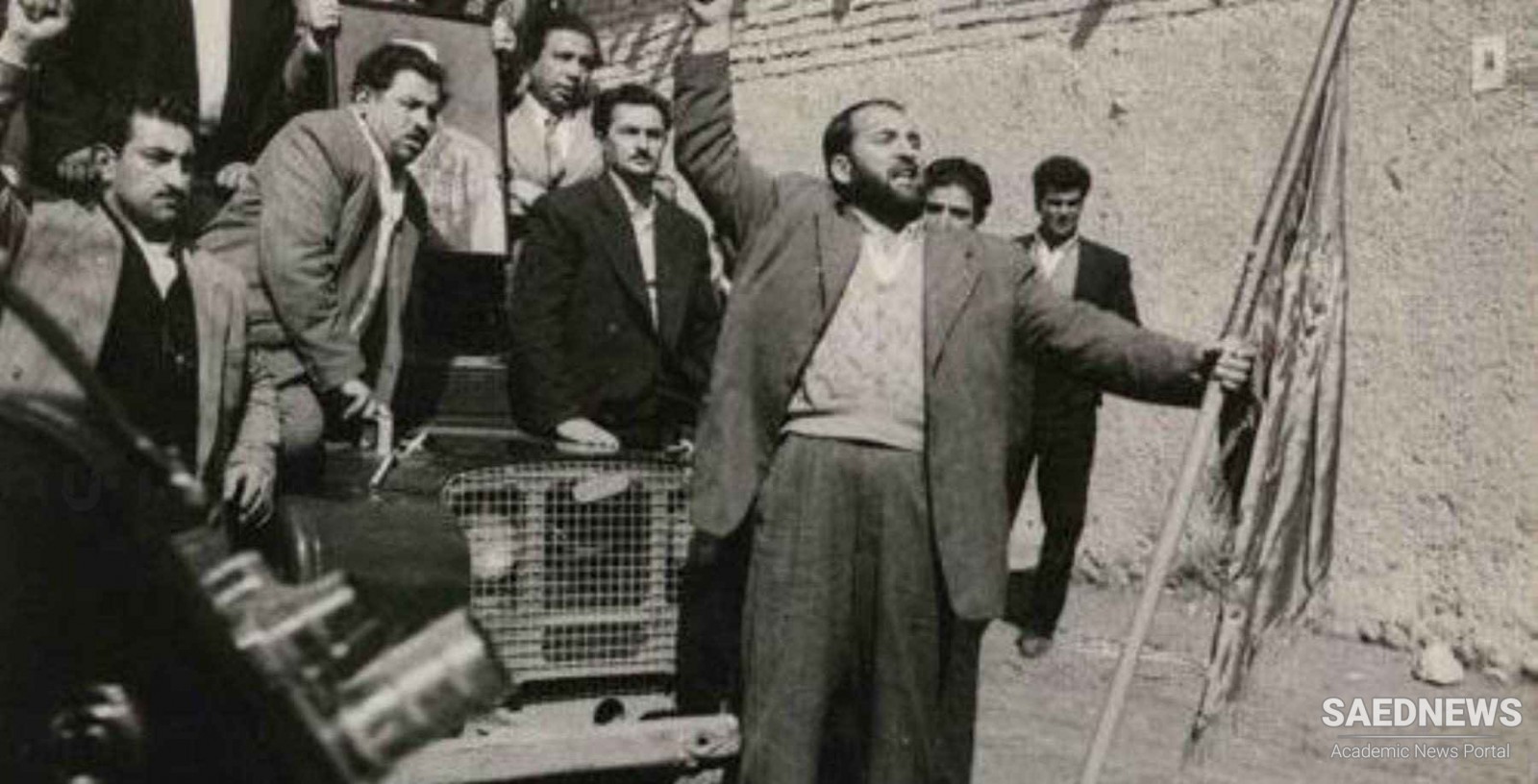In 1967, Al-e Ahmad made two trips, one to Ardabil and Dasht-e Moghan, the other to Tabriz. His trip to Mashhad in 1968 brought him face to face with a man who would later carry forward the major ideological thrust that was his lasting legacy. In Mashhad, Al-e Ahmad met with Ali Shariati*. His final trip was to Asalem, a village in Gilan, where he died of a heart attack in 1969. But men of Al-e Ahmad's character live beyond their death, as crucial components of their contemporary spirit. Contributing to the remaking of that spirit was the most significant publication of 1962 for Al-e Ahmad and for the entire formative political culture of the 1960sthe appearance of Westoxication. In terms of its appeal to a generation of social activists, this was perhaps the single most important essay published in modern Iranian history. In creating a wide range of positive and negative reactions, in constituting the very vocabulary of Iranian social criticism in the two decades preceding the Revolution, and in formulating the most essential "anti-Western" disposition of the Islamic revolutionary discourse, no other single text comes even close to Westoxication. The term "Westoxication" (Gharbzadegi) became so deeply entrenched in the Iranian political vocabulary of the 1960s and beyond that even Ayatollah Khomeini used it when he delivered his lectures and wrote his letters and proclamations in Iraq. No other term has captured the quintessential Zeitgeist of a generation like Gharbzadegi. Its ideological construction was a matter of political inevitability. The fact that while Al-e Ahmad severely criticized "Westoxication" as a form of disease he himself, in his own highly alert discourse, was markedly "West-stricken" is an acute, however ironic, testimony to his own insight. He, for example, criticizedand occasionally even ridiculedthe secularminded intellectuals' almost exclusive attention to "The Western'' cultural heritage, at the expense of their own; and yet he himself was chiefly responsible for translating into Persian books by Sartre, Gide, Dostoyevski, Camus, and others. Al-e Ahmad's own "Westoxication," however, was the result of a more complicated process. He obviously believed in the theoretical validity of his own observation about the predominance of "The West" in modern Iranian political culture. He repeatedly referred to the fact that he was surprised at how well the book had been received. But he verified the validity of his own observation, a biting criticism of a social malaise, not on its own merits, but on its proximity to a German writer, Ernst Junger, of whom he had already translated an essay into Persian. But the theoretical validity of his observation notwithstanding, the mere criticism of "Westoxication" would immediately put Al-e Ahmad on the defensive as a propagator of reactionary obscurantism. The accusation of being an "akhond" was always there. To counter this, he would always be alert to prove his "not being an akhond" by demonstrating his affinity for "high Western" culture: art, literature, and, yes, of course, good wine and palatable French cheese. The patent intention of Westoxication was to identify and criticize "Westoxication" as a pervasive social phenomenon that deeply disturbed Al-e Ahmad. By this term he meant the excessive and rather awkward preoccupation of certain influential segments of Iranian society with manners and matters "Western" in origin. He considered this preoccupation a major malady that had gradually but incessantly weakened the Iranian national character, the major component of which he considered to be the Shii* ethos. "Westoxication," as Al-e Ahmad articulated it, was gradually eroding the essence of the Iranian national spirit more than anything else.


 Westoxication and Intellectual Struggle for Saving the Society
Westoxication and Intellectual Struggle for Saving the Society














































